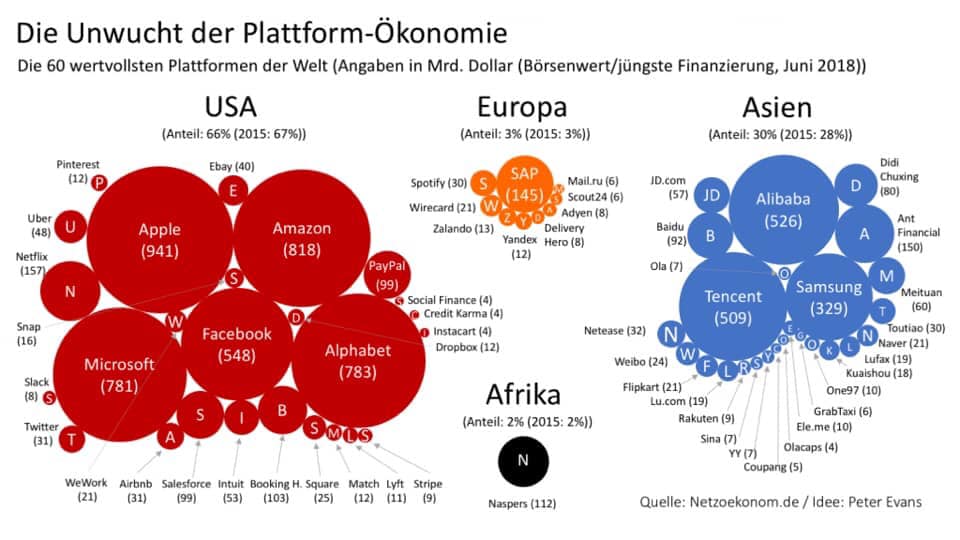Österrikes högsta domstol sänder nu en intressant fråga till EU-domstolen: Är samtycke (till användarvillkor) samma sak som ett kontrakt mellan Facebook och användarna?
Det är Facebooks fiende nummer ett, Max Schrems, som driver ärendet. Tidigare har han bland annat stoppat dataöverföring från Facebook i Europa till USA, där det inte finns samma skydd för persondata som i EU.
Reuters rapporterar:
»The civil case revolves around Schrems’ assertion that Facebook deprives users of the rights and protections they enjoy under the EU’s privacy law, the General Data Protection Regulation (GDPR), by treating consent as a contract that empowers it to use their data to deliver targeted ads.«
Kärnfrågan tycks vara om ett samtycke till Facebooks användarvillkor underminerar GDPR.
Detta är en knivig fråga där användarvillkor, rätten att ingå kontrakt och EU-lag möjligen kolliderar.
Länkar:
• Reuters: Austrian activist Schrems’ Facebook complaint referred to EU court »
• Noyb: Austrian Supreme Court asks CJEU if Facebook ”undermines” the GDPR by confusing ’consent’ with an alleged ’contract’ »

